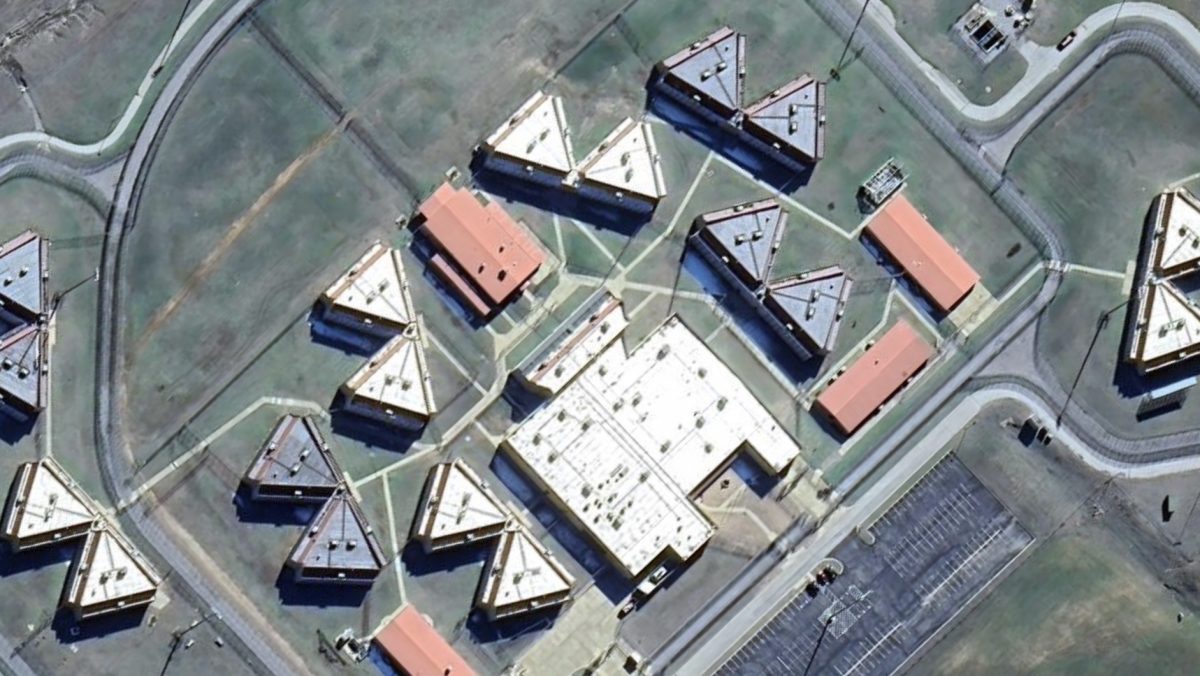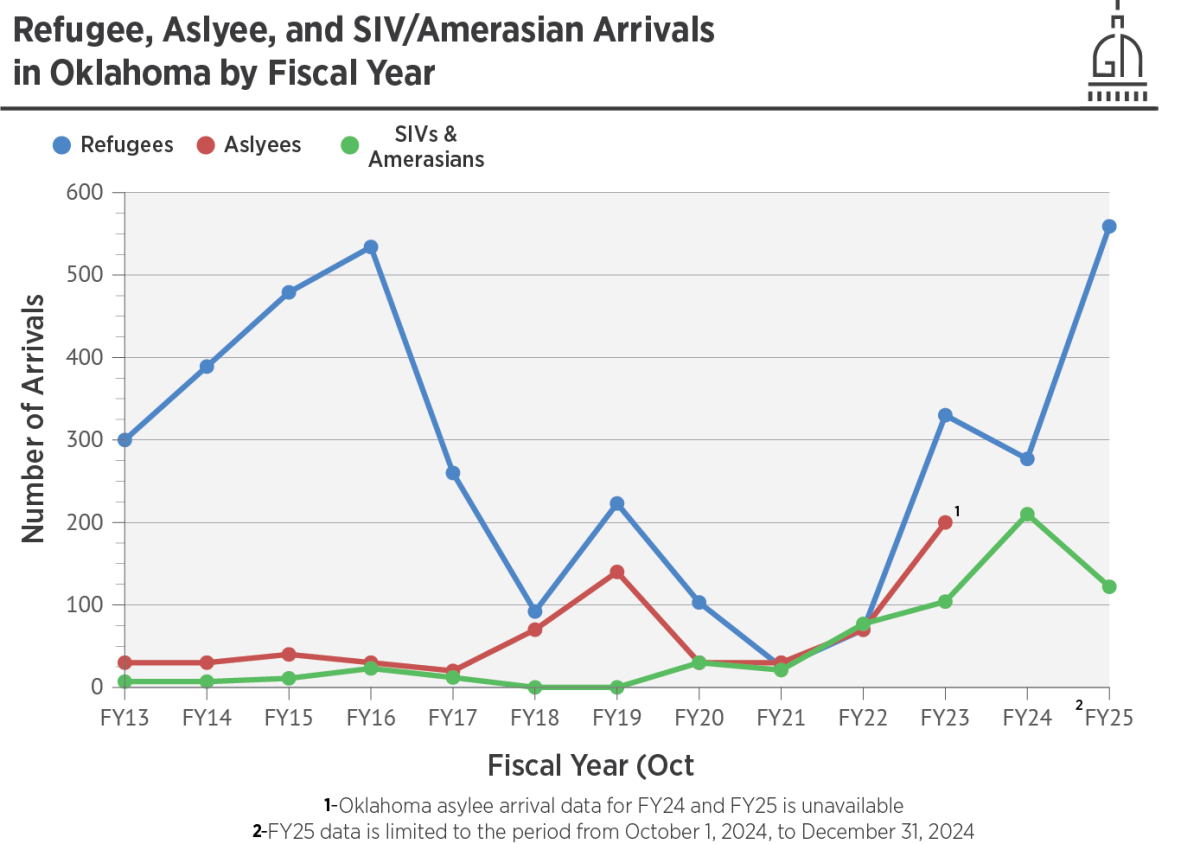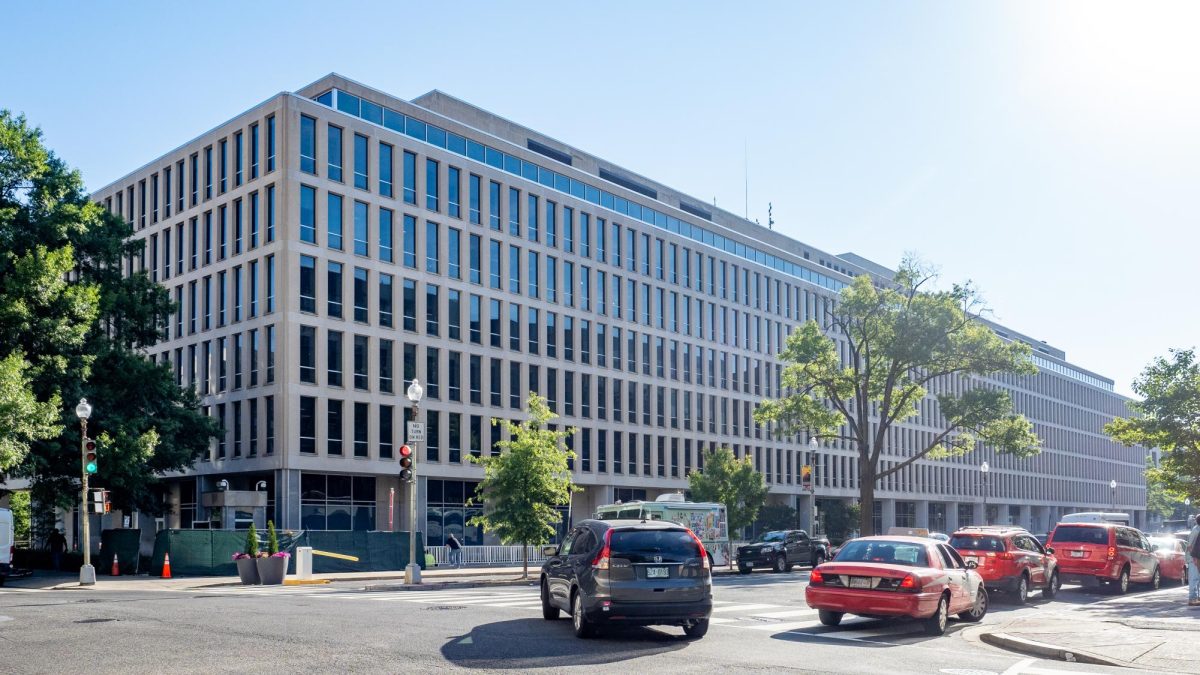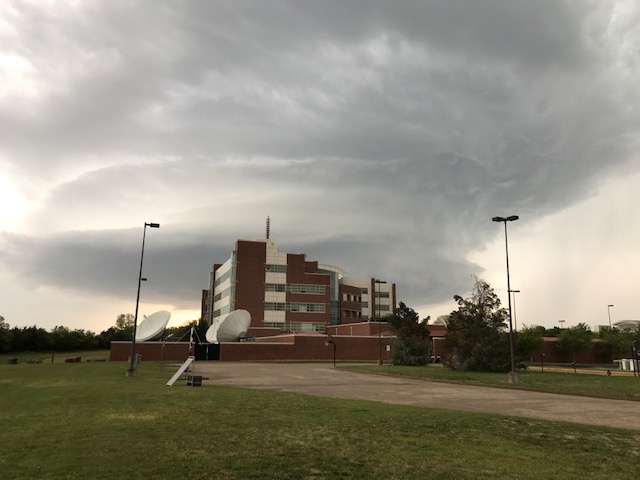WASHINGTON— Weeks after Republicans cast aside warnings to pass a sweeping budget package, Oklahoma hunger advocates are scrambling to understand how deep cuts to federal food programs might impact families across the state.
The bill, which includes the largest cuts in the history of SNAP, the modern day food stamps, shifts more of the program’s financial burden onto states. While the USDA currently covers the full cost of SNAP benefits and splits administrative costs with state agencies, Republicans decided that states should shoulder more of the cost- a change that could leave low-income Oklahomans with fewer safety nets in a time of rising need.
“The safety net is turning into a spiderweb,” David Horst, a former SNAP recipient said.
There are an estimated 68,000 Oklahomans at risk of not knowing where their next meal is going to come from, according to the Oklahoma Policy Institute.
Seventeen percent, or nearly 687,000 members of the state’s population, received SNAP food benefits in 2024.
Despite one in four kids going to bed hungry each night, Gov. Kevin Stitt rejected the federal Summer lunch program for 2024 and 2025. The state opted out while some tribal nations stepped in to cover parts of Eastern Oklahoma.
Shiloh Kantz, executive director of the Oklahoma Policy Institute, said this is the “same story, different verse. The state government refuses to provide and expects nonprofits, tribes and other entities to step in.”
“We are telling people to pull themselves up by their boot straps but they don’t own boots,” Kantz said. She said these new costs could be disastrous for Oklahoma’s budget.
Cutting administrative employees at federal agencies that oversee the program will severely affect food access, while expanding the “already ineffective, harsh red tape and work requirements,” Kantz said.
She said the budget is a moral document. “If we truly believed we should be investing in our kids, we wouldn’t have almost 25% of our kids living in poverty,” she said.
She said the most plausible option for the state legislature will be to cut services rather than spend $628 million in state money- it is estimated the state will have to pay to cover its increased share of the cost. Kantz said Oklahoma can’t manage its obligations without the federal government money.
“It goes back to who we truly value, the bill passing and the entire Oklahoma delegation supporting it, it’s politics, it’s not people… it’s not the Oklahoma Standard,” she added.
Republicans want states to help fund SNAP in order to improve accountability and ease pressure on the federal budget. Starting in 2028, all states must pay at least 5% of SNAP benefits, but states with higher error rates, meaning they overpay or underpay benefits, will pay even more- tying their share of costs to how accurately they administer the program. If a state’s error rate is over 6%, its share jumps to 10%, and over 8%, it climbs to 15%.
“I don’t think we will cut out SNAP, but I also don’t think Oklahoma is prepared to pay,” said U.S. Rep. Tom Cole (R, Moore), the powerful chair of the House Appropriations Committee, said. “There is certainly a need for the program. It is up to the state; I believe Oklahoma will make responsible decisions.”
There are 25,000 SNAP recipients at risk in Cole’s district.
There is no language in the legislation that says what happens to SNAP if a state declines to pay a cost share.
Horst, a born and raised Oklahoman, was a SNAP recipient a little over a decade ago. He said SNAP and WIC programs stabilized the ground beneath his family and were key to their progress.
Now married for 15 years with three children, he remembers a first date with his wife when all they could afford was a rotisserie chicken and to split a tank of gas. “There are the day to day [benefits], but it feels like it’s going to create generational waves,” he said.
Horst previously worked with Magnify Oklahoma advocating for food security, while his wife, Kelly, supported SNAP outreach through food banks. At the time, the couple was earning around $20,000 a year- David was in school, and Kelly was working while navigating immigration and getting established.
He became a first-generation college graduate with a master’s degree but will “never forget where they were.” Using a SNAP card at a register was nerve-wracking at first- applying for benefits was difficult, made harder by outdated income requirements.
Today, the Horsts live happily in Midwest City without SNAP benefits.
He said SNAP recipients are often unfairly judged. “The reality is, these people have had a tough go at life,” he said. “These programs provide such a large part in the structure they need.”
Horst sees the issue not as a matter of misunderstanding, but of political intent.
“It’s not a problem of these ‘ivy-league educated lawmakers’ truly understanding this issue, it’s an intentional choice, a ‘cut the cord’ attitude that can be misconstrued in terms of party lines,” he said.
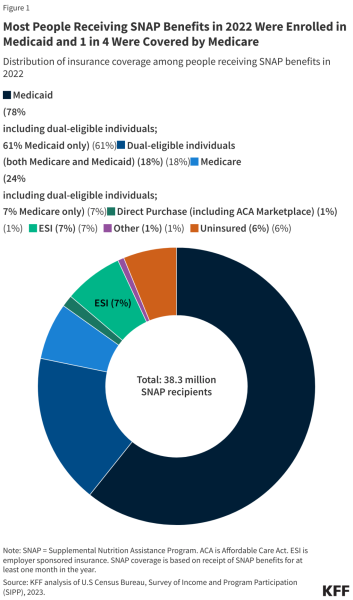
Gaylord News is a reporting project of the University of Oklahoma Gaylord Colelge of Journalism and Mass Communication. For more stories by Gaylord News go to GaylordNews.net.


